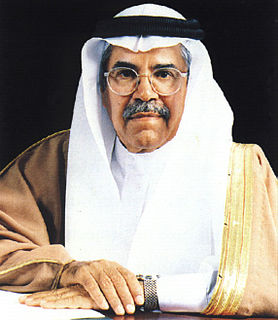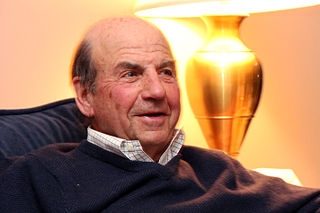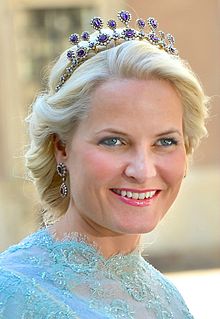A Quote by Elizabeth Bowen
The novelist's--any writer's--object is to whittle down his meaning to the exactest and finest possible point. What, of course, isfatal is when he does not know what he does mean: he has no point to sharpen.
Related Quotes
A line partakes of the simplicity of a point more than does a surface; and a surface [partakes thereof more] than does a material object-as was evident. From this consideration of a point and a material object elevate yourself unto a likeness of True Being and of the universe; and by means of [this] quite clear symbolism [of a point] make a conjecture about what has been said.
Here is an entirely banal idea that I think has the potential to change the world: Take evidence seriously. Taking evidence seriously does not mean privileging numbers over all other forms of knowledge - theories, narratives, images. Nor does it mean the kind of radical skepticism that questions everything to the point where no action is possible.
Consider a man riding a bicycle. Whoever he is, we can say three things about him. We know he got on the bicycle and started to move. We know that at some point he will stop and get off. Most important of all, we know that if at any point between the beginning and the end of his journey he stops moving and does not get off the bicycle he will fall off it. That is a metaphor for the journey through life of any living thing, and I think of any society of living things.
Let's call something a rigid designator if in every possible world it designates the same object, a non-rigid or accidental designator if that is not the case. Of course we don't require that the objects exist in all possible worlds.... When we think of a property as essential to an object we usually mean that it is true of that object in any case where it would have existed. A rigid designator of a necessary existent can be called strongly rigid.
Ah." He set down his backpack and pulled out their notebook. "You're working on your final project?" "Indirectly," Cath said. "What does that mean?" "Have you ever heard sculptors say that they don't actually sculpt an object; they sculpt away everything that isn't the object?" "No." He sat down. "Well, I'm writing everything that isn't my final project, so that when I actually sit down to write it, that's all that will be left in my mind.
I've never felt like a trophy wife. I have been able to learn a lot in my role. The fact that you do not have any formal powers does not mean that one does not have a good starting point to give their opinion on important value questions. I really feel that I can put the spotlight on many issues that are important in Norwegian society. And I am very happy.
Feelings dwell in man; but man dwells in his love. That is no metaphor, but the actual truth. Love does not cling to the I in such a way as to have the Thou only for its " content," its object; but love is between I and Thou. The man who does not know this, with his very being know this, does not know love; even though he ascribes to it the feelings he lives through, experiences, enjoys, and expresses.







































